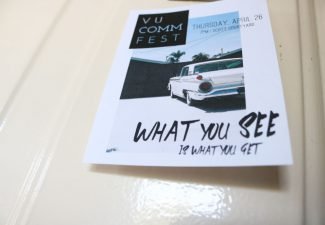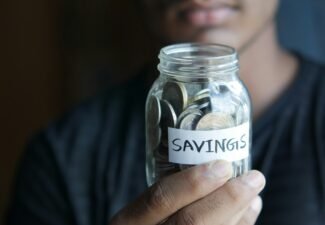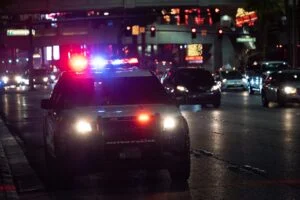For the past three days, rioters in Hong Kong have besieged government buildings. They are protesting against the proposed interference of the Chinese Government in the politics of semi-independent Hong Kong. City riot police attempted to disperse thousands of protesters with tear gas, grenades and rubber bullets.
The majority of these demonstrators are college or graduate students. Though it is estimated many were injured by the tear gas, an estimated ten thousand remain in downtown Hong Kong, chanting and yelling at police.
Hong Kong was leased by the British until 1997, when it came back under the control of mainland China. At the time, China agreed to allow Hong Kong to remain autonomous and keep many of the democratic policies instituted by the British, rather than adopting the more autocratic politics employed by Beijing. This arrangement was referred to as “one country, two systems.”
Earlier this year, it was revealed that mainland China intends to weigh Hong Kong elections in favour of candidates who are loyal to the communist government in Beijing, threatening the civil liberties enjoyed by the seven million inhabitants of Hong Kong.
The “Occupy Central” movement began on Friday, with tens of thousands of Hong Kong residents streaming into the government sector of the city. They set up barricades and blocked major thoroughfares, shaking umbrellas and chanting.
They are protesting for local legislators to reject the election framework set forward by mainland China that would allow for Hong Kong politics to be controlled by Beijing. The demonstrators set a deadline of midnight Sunday Hong Kong time for the city’s top government official to reject Beijing’s plan.
At 10:30 PM Sunday, riot police were deployed to remove the protestors. They used tear gas and rubber bullets, pushing the crowd back with riot shields and arrested 78 demonstrators.
This morning, the efforts of the police were unable to end the demonstration, with thousands of protesters still clogging the streets. There is a fear that if the police are unable to contain the rioting, Beijing will order the local Army garrison to become involved.
The Chinese People’s Liberation Army has a history of brutality, and many fear that if the Army gets involved, the protests in Hong Kong will turn into another incident like Tiananmen Square in 1989, where the PLA famously massacred close to four hundred student protesters and injured thousands more.

 Accomplishing Comm Fest without Kasa: A student-faculty collaboration
Accomplishing Comm Fest without Kasa: A student-faculty collaboration Saving Money in College
Saving Money in College How to Stay Safe from Crime on Campus and Beyond
How to Stay Safe from Crime on Campus and Beyond A Royal Baby
A Royal Baby
This “Kyle Brown ” fella seems like a good writer.